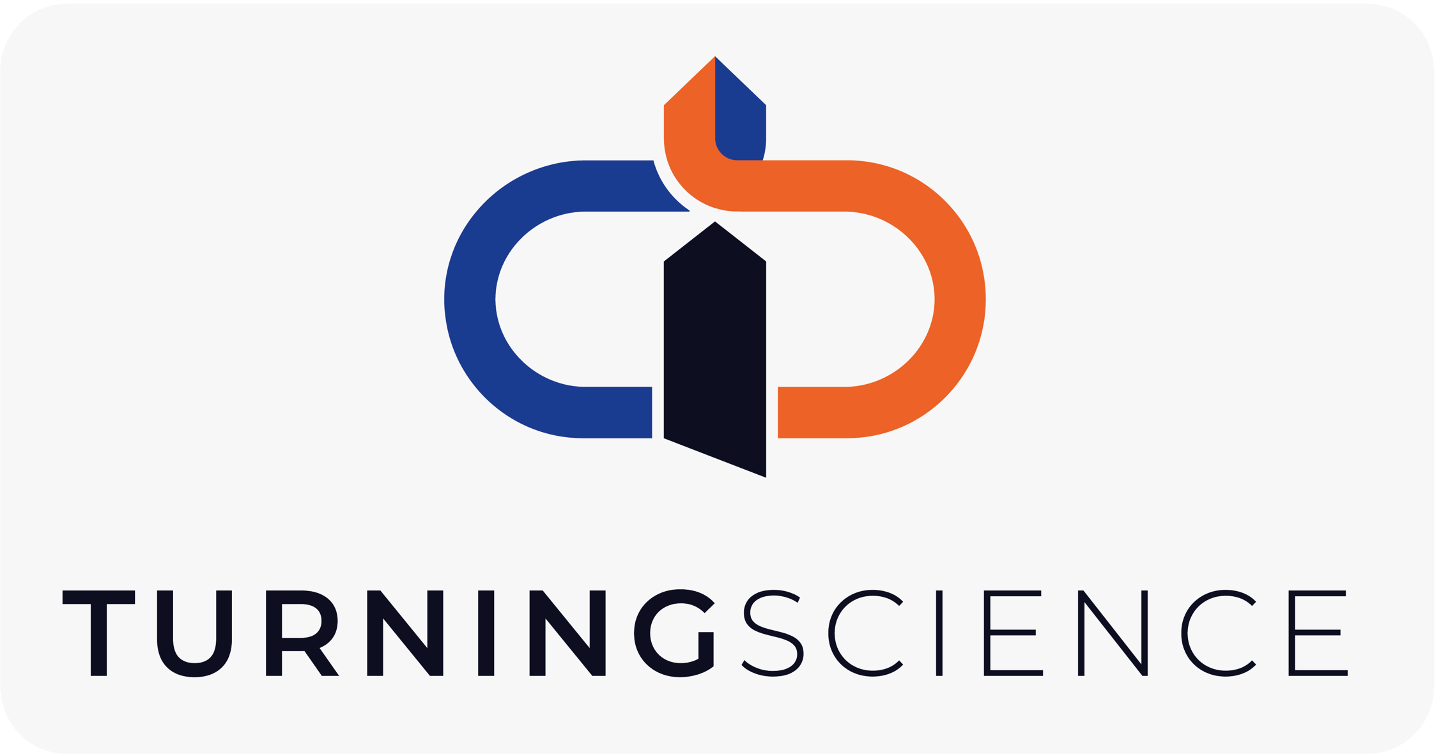How ‘smart’ are you?
This is me 2 miles/3 km above the state of Colorado approaching the state of Colorado at 120 mph/200 kph.
I like to think I’m pretty smart.
I imagine that when people read that, many think to themselves, ‘Yeah, that’s just what I’d expect from a PhD.’
And they are probably justified in thinking that.
When I’m honest with myself, I have to admit that one of the reasons I got my PhD in physics is that I wanted to prove to myself that I was smart.
And when I’m really honest with myself, I have to admit that another reason I got a PhD is that I wanted to prove to other people that I was smart.
Once I’d accomplished that challenge I would forever have those 3 letters after my name showing the world what I was worth.
The value of being smart
I don’t believe wanting people to think I’m smart is necessarily a bad thing, and I suspect that there are many other PhDs who would admit to having a similar motivation.
But I’m not very proud of it, especially since I’ve learned in my career that ‘being smart’ isn’t the advantage I once imagined it was.
That’s not to say that intelligence isn’t valuable. I think intelligence is useful in just about everything we do.
But I’ve found that what the ‘real world’ outside academia rewards is being effective, not being smart.
I’ve also learned that sometimes it’s counterproductive to show people you are smart or to present oneself as smarter than one’s colleagues.
Being the smartest person in the room
As a graduate student, it seemed as though proving I was smart was one of my most important daily tasks.
Here are some regular occurrences in graduate school that required me to be smart:
Deriving the solution to a third-order differential equation in a homework problem
Describing the differences between the Heisenberg picture and the Schrödinger picture treatment of a one-dimensional simple harmonic oscillator for a quantum mechanics exam
A discussion with my advisor about a problem in the lab
The ever-present competitive banter with my fellow graduate students, where the goal was to show we were the smartest in our class, and therefore the most likely to complete the PhD program
So, it’s understandable why we PhDs might have developed a deeply ingrained habit of showing others we are smart.
But once I transitioned into my industry career, I found that habit was not so useful.
Being ‘too smart’
Academia rewards intelligence, but industry rewards results. Intelligence can help you deliver solutions to hard problems, but sometimes ‘being smart’ can be counterproductive.
For one, your industry team will include people from a wide range of backgrounds and education levels. If you continue the grad-school ‘I’m the smartest’ game with your corporate colleagues, you will not make many friends.
But it’s not just a matter of people thinking you’re an asshole. ‘Being smart’ can reduce your effectiveness as well.
When we feel the need to be smart, it can distract us from what is really important.
The CEO I worked for at my last job would occasionally say, ‘I think we are being too smart by half.’
I came to understand that when he said that, he was reminding us that hard problems don’t always require a complicated solution.
In most of those cases it turned out that we were ‘being smart’ instead of being effective.
That was a valuable lesson.
But one of the most powerful reminders I ever received that ‘being smart’ can be ineffective came from outside the workplace.
A powerful reminder
Several years ago, I learned to skydive.
Learning to skydive in the United States involves classroom training, reading many chapters of the US Parachute Association Skydivers Information Manual, and doing at least 25 jumps with instructors and coaches.
At that point…if all has gone well…you can receive your license by passing a written test and a checkout dive with an instructor.
On the day of my checkout dive, I was in the hanger with my instructor waiting for the plane and he asked me a few questions, starting with, “You leave the plane and you deploy your chute. You look up and it’s tangled. What do you do?”
I immediately thought to myself, “I’ll bet there aren’t many students who remember all of the malfunction types. This is my chance to impress my instructor!”
And with that, I launched into a detailed description of each type of malfunction we studied and how each should be handled.
After several seconds, I noticed he had a very puzzled look on his face.
Then he looked at his watch.
Then he looked up at me and said, “15 seconds have passed. You just hit the ground and you’re dead. What the hell were you doing?”
“Well, you asked what I would do if my parachute were tangled, so I was describing all of the possible ways things could go wrong and how to deal with each of them.”
“No!” he said. “I want you to act out what you would do in real-time. I need to know that you can act quickly enough to fix the problem before it’s too late!”
Then he looked me in the eyes and asked, “What do you do for a living?”
I’m pretty sure I blushed, because I saw where this was going. “I’m a scientist, and I work at a laser company in town,” I replied.
“I thought so,’ he said. “I’ve seen a few of you scientists before!”
I was embarrassed. He’d caught me ‘being smart’ when he needed to know if I could be effective.
Malfunction Flowchart courtesy of Skydivemag.com
Soon after that, I coined the phrase ‘Be effective, not smart!’ as a reminder to help me break the habit of ‘being smart.’
I’ve found that reminder to be so helpful that I teach it to all of the PhD scientists in my industry career workshops.





